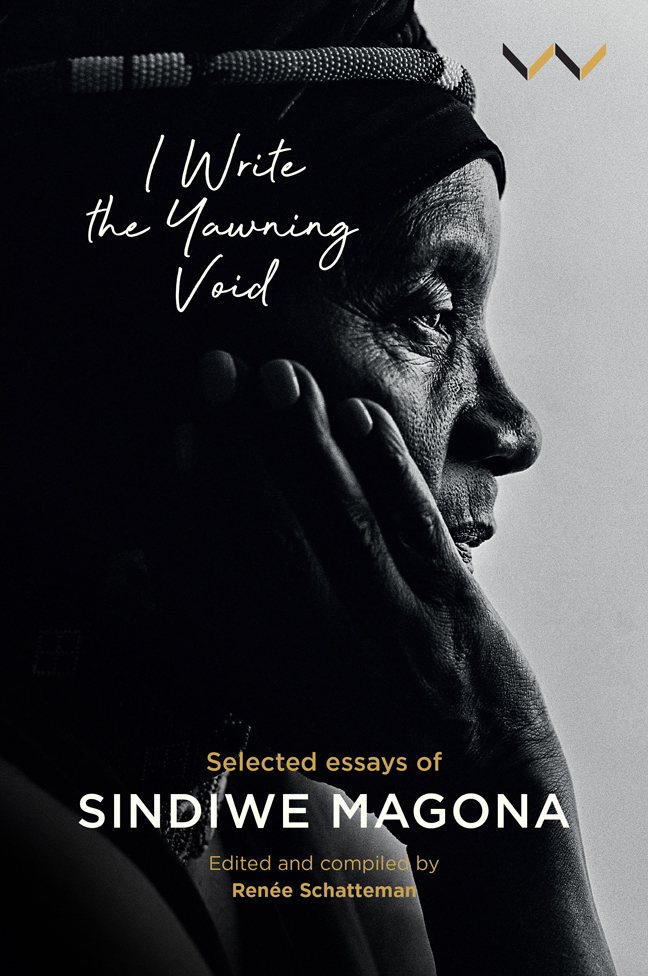Book contents
- Frontmatter
- Dedication
- Contents
- Acknowledgements and Permissions
- Foreword
- Introduction: Writing South Africa's Yawning Void
- Part I Coming into Writing
- Part II Writing about Pressing Issues
- Part III Writing about My Writing
- Conclusion: A Tribute to Those Who Came Before Me
- Notes
- Selected works
- Bibliography
- Index
13 - Why I Wrote When the Village Sleeps
Published online by Cambridge University Press: 02 March 2024
- Frontmatter
- Dedication
- Contents
- Acknowledgements and Permissions
- Foreword
- Introduction: Writing South Africa's Yawning Void
- Part I Coming into Writing
- Part II Writing about Pressing Issues
- Part III Writing about My Writing
- Conclusion: A Tribute to Those Who Came Before Me
- Notes
- Selected works
- Bibliography
- Index
Summary
This previously unpublished essay identifies the catalyst for Sindiwe Magona's 2021 novel, When the Village Sleeps, and provides the context that explains the significance of the title. It also provides a powerful example of Magona's willingness to advance a potentially unpopular position on sensitive issues – in this case, the efficacy of the government's Child Support Grant – to reframe highly polarised debates, and to offer compelling solutions for seemingly intractable problems.
MY LATEST NOVEL, When the Village Sleeps, is perhaps different from anything that came before it. I began writing the novel with a clearer sense of purpose than usual as I was determined to speak to a problem related to our current moment in South Africa. I intended it to be a catalyst for change or, at the very least, to be at the forefront of change.
A writer, as with all living things, undergoes changes. This writer is no exception to this rule. I myself have changed, and continue to change. I am a very different person from what I was at the time of marrying, with no real thought to its ramifications – forced, really, into marriage by unplanned motherhood. That could not but be a frustrating experience; the children sure to be vulnerable throughout their childhood. Today, however, this writer is in a very different space – a position of mastery of my environment and also my life. Thus, I can begin to explain why I wrote When the Village Sleeps …
A few years back, I came across an article in my local neighbourhood newspaper, the False Bay Echo, which left me greatly disturbed. The frontpage article was prominently placed, so no one could fail to notice it. I certainly did not; I began to read the responses of a teenaged mother, who was interviewed by a social worker. It was a young mother's journey into motherhood. And there she was, pictured with baby on lap, smile on lips, looking proud as proud can be.
I wasn't long into reading it before I was struck by the central theme of the article with the young lady's responses: choice! As clear as clear can be, the young woman, a child, really, had planned each and every step of her way. Yes, at 16 she was holding a baby on her lap, her baby – and that was a choice.
- Type
- Chapter
- Information
- I Write the Yawning VoidSelected Essays of Sindiwe Magona, pp. 160 - 172Publisher: Wits University PressPrint publication year: 2023



